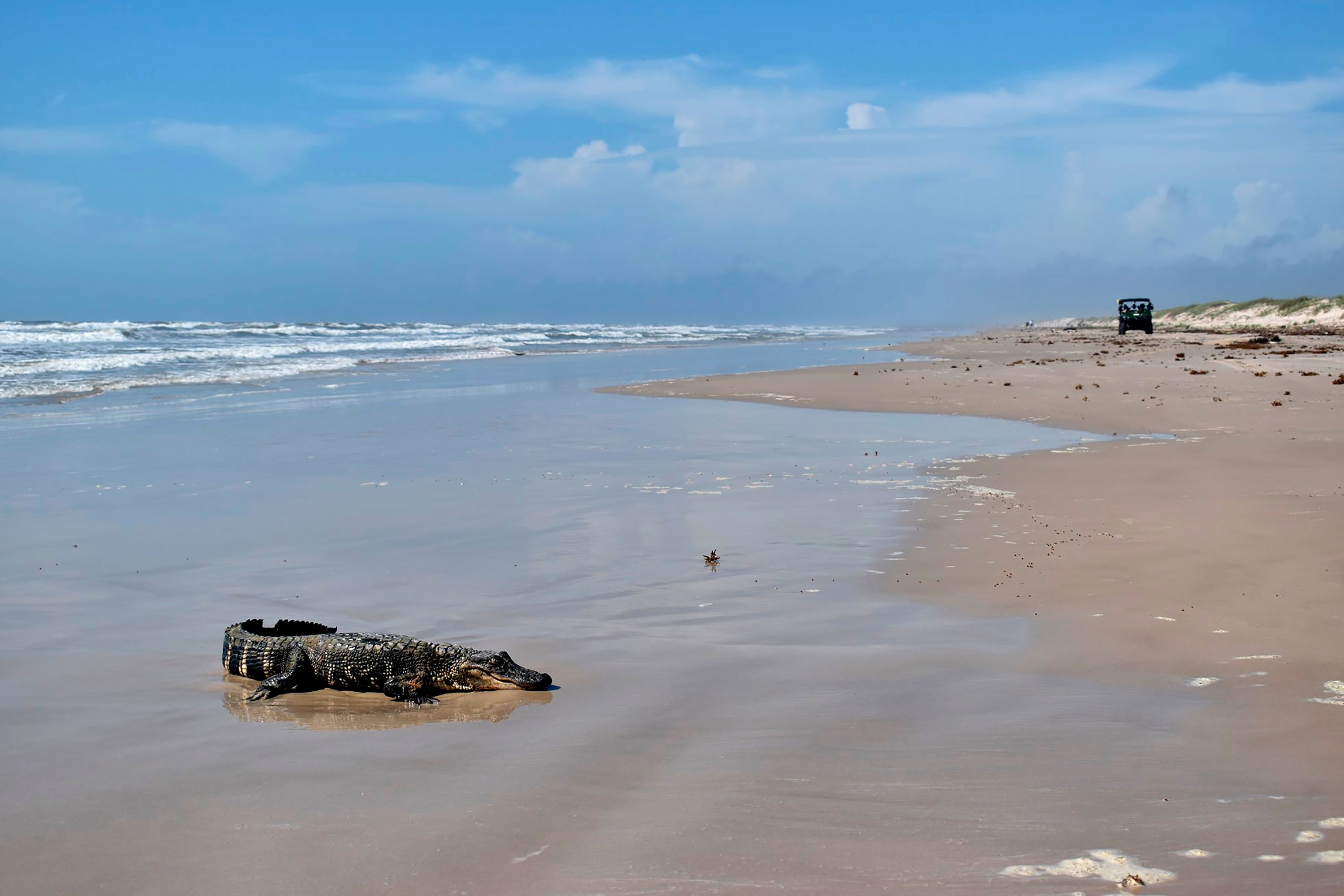Alligator from Louisiana found 400 miles away in Texas
National Park Service rangers speculate the gator floated across the Gulf of Mexico

Your support helps us to tell the story
From reproductive rights to climate change to Big Tech, The Independent is on the ground when the story is developing. Whether it's investigating the financials of Elon Musk's pro-Trump PAC or producing our latest documentary, 'The A Word', which shines a light on the American women fighting for reproductive rights, we know how important it is to parse out the facts from the messaging.
At such a critical moment in US history, we need reporters on the ground. Your donation allows us to keep sending journalists to speak to both sides of the story.
The Independent is trusted by Americans across the entire political spectrum. And unlike many other quality news outlets, we choose not to lock Americans out of our reporting and analysis with paywalls. We believe quality journalism should be available to everyone, paid for by those who can afford it.
Your support makes all the difference.A young alligator has traded its home in the swamps of Louisiana for a sandy beach 400 miles away in Texas.
The gator was discovered on Malaquite Beach, at the Padre Island National Seashore, in Corpus Christi on Monday.
National Park Service rangers found the alligator but can only speculate on how it came to make such a lengthy journey.
The tags on its body confirmed it came from Louisiana, and park rangers think it may have floated across the Gulf of Mexico.
Kelly Taylor, Padre Island National Seashore public information officer, told CNN: "We are kind of speculating that perhaps it was washed out during one of the flooding events in Louisiana,"
"It had a significant amount of algae on it's back that leads us to speculate that it was floating in the Gulf for a while."
American alligators are primarily freshwater reptiles so they are often found in the coastal wetlands in swamps or rivers, but can tolerate saltwater for a few hours or days, according to a National Oceanic and Atmospheric Administration website.
Ms Taylor added: "As a fresh water species being in salt water we can make assumption it was probably dehydrated."
She confirmed the gator has been sent to a local rehabilitation centre to be treated.
Additional reporting by AP
Join our commenting forum
Join thought-provoking conversations, follow other Independent readers and see their replies
Comments